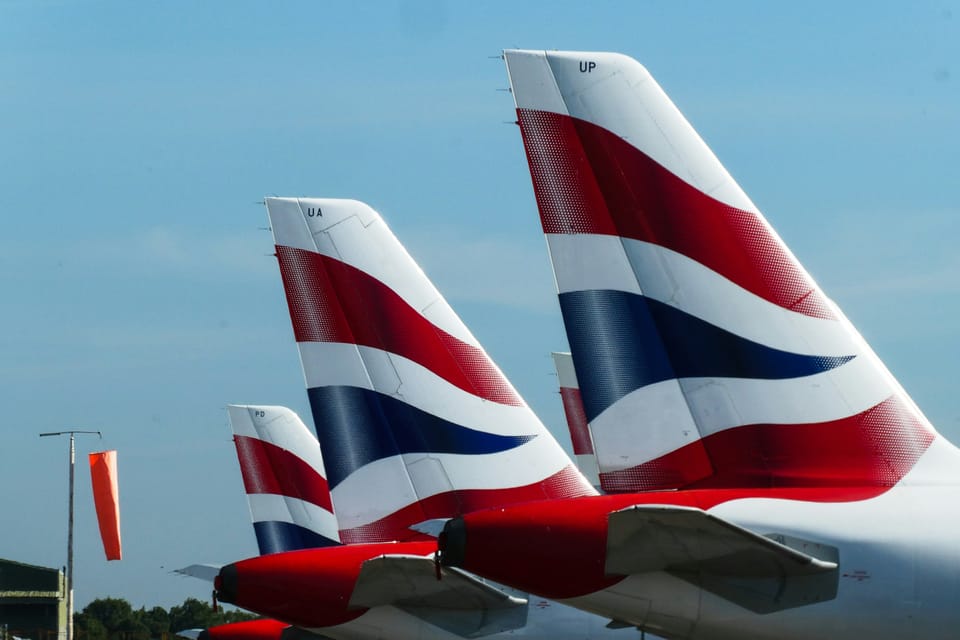UK sustainable aviation fuel gets £63mn government backing
“This £63 million is lift-off for Britain’s green aviation revolution."

The UK government has granted £63 million of funding to 17 sustainable aviation fuel (SAF) producers to support the development of the industry.
The government funding announced by the Aviation Minister today (July 22) is expected to support 1,400 jobs in the UK, and get the aviation sector closer to green flights. The receiving companies – winners of the Advanced Fuels Fund competition – include Alfanar Energy and Carbon-Neutral Fuels, as well as bioethanol-to-SAF developer LanzaJet for its Project Speedbird in Wilton.







